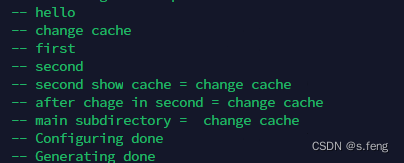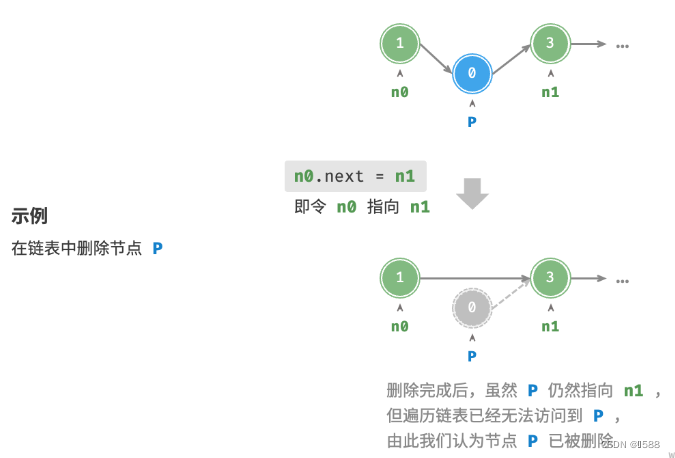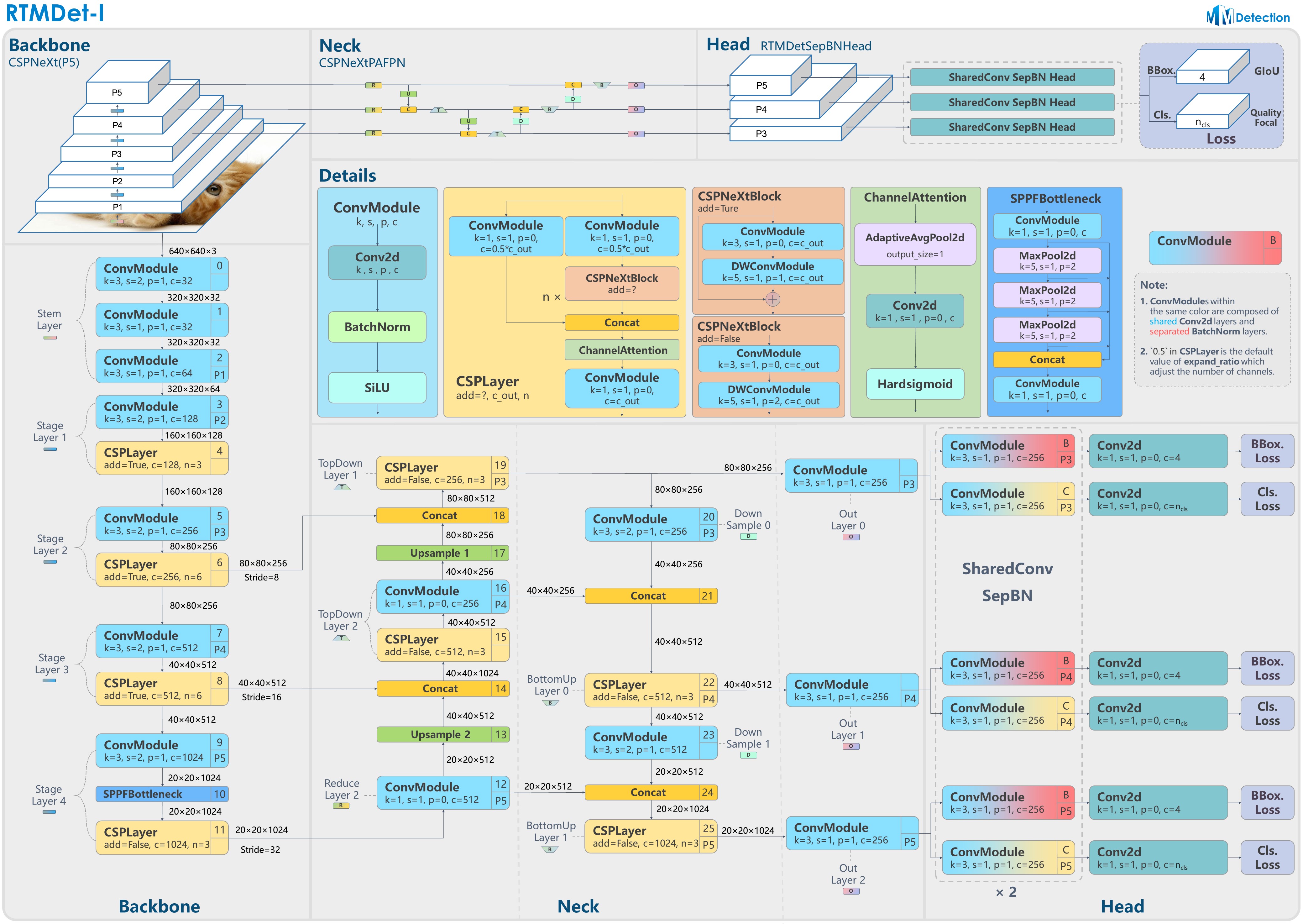第15讲 完美主义
A person committed to excellence can still be as ambitious or more ambitious than a perfectionist. The difference between the two is just their approach toward the journey.

There is no straight line toward success.
Perfection vs Excellence
Characteristics
Perfection Excellence
defensiveness
no self-acceptance
there is one way and that’s highway
terrified to failure seeing it as feedback, as a growth opportunity
Defensiveness
If what we have in mind is the perfectionist schema, the criticism is a deviation from it. And we become defensiveness.
Because perfectionist is obssessed by failure, obssessed by deviations from that straight narrow. What obssessed us by definition is what we constantly focus on.
So he or she contantly focuses on what is not working, on potential failures or actual failures.
Person committed to excellence, focuses on the half full part of the glass, how, because he or she learn enjoys getting to where he or she is going, but also learn to enjoy every step of the way-the journey, even failure is an opportinity.
A perfectionist over generalizes, catastrophizes. It’s all or nothing. Either I’m perfect, or I’m failure.
Tangential 直来直去 consummate 典型的 rat racer 逐利者
Person committed to excellence, there is acceptence first of all of reality as comprising spirals and the acceptence of the self as a whole.
The journey is much part of the success as the destination.
distinction to holding one schema versus the other, some of them:
- perfectionist experiences only at best, temporary relief
Yeah, there are places where you want the perfectionism. But in many other areas in our lives, it’s not necessary and it hurts us. - A perfactionist is very often prone to disorder, disorders of numerous times including, for example, eating disorder
alluring 诱人的 devour 吞食 devoid 缺乏 sterile 富饶的 accolades 嘉奖 paralysis 瘫痪 circadian 生理的
All or nothing. And it’s destructive. It hurts so much on so many levels. As opposed to the healthy approach.
Nathaniel Branden - self-esteem
The first pillar of self-esteem is self-acceptance
If I constantly fail or constantly preceive myself as a failure, am I going to have high self-esteem? Of course not.
It also hurts self-esteem because a perfectionist is less likely to try, less like to put him/herself on the line. And the price that I pay for that when I don’t try is lower level of self-esteem. self-perception theory.
Versus on-going, continuous improvement. - perfectionism hurts relationship.
Our approach to the world mirrors our approach toward ourselves.
If I expect perfectionism from the other, I will inevitably be disappointed. And that leads to frustration, lack of acceptance toward the partner, and very often, usually harms the relationship. Versus on-going growth of the relationship.
The issue is not having only positives and no negatives. That’s not a healthy relationship. That’s relationship with a lot of suppression and repression at best. - perfactionism leads to anxiety, leads to stress.
There is always a fear of failure versus excitement.
When we have intrinsic motivation, we are much more likely to sustain effort over a long period of time.
self concept is destiny, beliefs become self-fulfiling prophecies.
One of the ways of having more luck in our lives is to try new things, little things. these slight deviations from a straight narrow actually lead to higher levels of lucks, because we begin to see thing that we don’t see before.
Pareto Principle: in most societies, 20 percent of the people own about 80 percent of the wealth.
applied to time management:
In 20 percent of our time, we can get 80 precent of our work done.
getting so much more in far less time. Not the perfectionist approach, the pursuing excellence approach.
Some of these sources of perfectionism.
- conditioning
very few teachers, parents, organizations, schools reward the journey, the enjoyment of the journey. And of course, very few reward lowing behold failure, which is an inevitable part of every journey.
Instead of permission to be human, there’s pressure to be perfect.
Not all praise is good, that may be harmful in the long run.
Carol Dweck:
- smart and intelligent 50% easy one, 50% hard one, didn’t persist much and experienced a lot of frustration and would give up very quickly on that puzzle.
- effort, hard work, 90% choose the hard one, persisted much more and actually enjoyed the process even though they didn’t solve the puzzle.
“Emphasizing effort gives a child a variable that they can control, they come to see themselves as in control of their success.”
“Emphasizing natural intelligence takes it out of the child’s control, and provides no good recipe for responding to a failure”
“When you praise kids’ intelligence and then they fail, they think they are not smart anymore, and they lose interest in their work. In contrast, kids praised for effort show no impairment and often are energized in the face of diffifulty.”
What a difference just based on these two approaches.
Person who is praised for their intelligence creates this schema either I’m intelligent or I’m not. And I’m afraid of not being intelligent so I’ll choose the easier task. And when I can’t do something, it’s an attack, it’s an assult to my schema. It’s a deviation from this straight narrow.
In contrast, if effort is most important. “OK, let me see what’s around the corner here. Hey I’m learning a lot now. This is wonderful. This is fun.”
melleable 可扩展的 dominant modus operandi 决定性的惯常做法 intimacy 亲密 solicit 请求
So how do we become more and more of the excellence schema?
- self-awareness, self understaning
- Focus on reward effort
- Active acceptance
It’s about focusing on the journey, focusing on and rewarding ourselves at times, even for failure, for trying.
Perfectionism at the extreme is a form of neurosis.

















